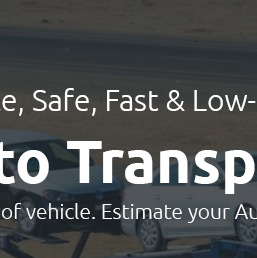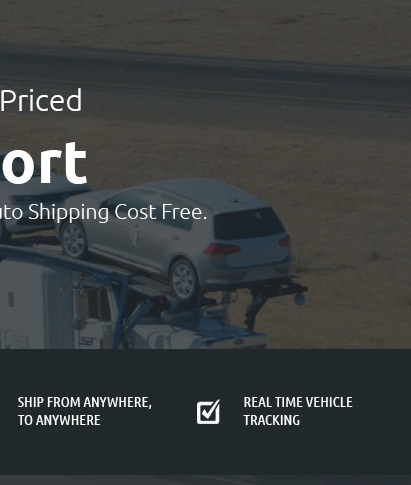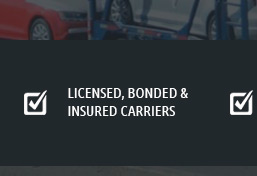 |
|
||||
 |
 |
 |
 |
||
 |
 |
|||||
 |
 |
 |
 |
 |
 |
 |
||
 |
 |
 |
 |
 |
 |
 |
 |
 |
 |
 |
|
 |
Shipping Your Car to Another State: A Comprehensive GuideIn the modern era of relocation, one often faces the dilemma of transporting personal vehicles across state lines. The decision to ship your car rather than drive it might seem daunting, but it offers several compelling advantages worth considering. This article aims to demystify the process, providing a step-by-step explanation of how you can seamlessly transition your vehicle from one state to another, while highlighting the myriad benefits associated with this choice. First and foremost, why should one consider shipping their car? The answer lies in the convenience and efficiency it offers. Imagine avoiding the stress of a long drive, the wear and tear on your vehicle, and the unpredictable nature of road trips that can often be fraught with unexpected hurdles. By opting to ship your car, you save valuable time and effort, allowing you to focus on other important aspects of your move. Let's delve into the steps involved in this process. To begin with, research is key. Finding a reputable auto transport company is essential. Look for companies with positive reviews, transparent pricing, and a strong track record of reliability. It's advisable to obtain multiple quotes to ensure you get the best deal. Once you've selected a company, understanding their shipping options is crucial. Typically, you can choose between open or enclosed transport. While open transport is more cost-effective and common, enclosed transport provides added protection against the elements and is ideal for luxury or classic cars. Consider your budget and the level of protection your vehicle requires. Next, you’ll need to prepare your car for shipping. This involves a thorough cleaning, removing personal belongings, and ensuring your vehicle is in good working order. Document any existing damage with photographs as a precautionary measure. It's also wise to disable alarms and secure or remove any loose parts to prevent damage during transit. Before the car is picked up, confirm all details with the transport company. This includes pick-up and delivery dates, locations, and any special instructions. Communication is key, and maintaining an open line with the company ensures smooth execution of the process. On the day of shipping, conduct a final inspection with the transport driver. Both parties should note any pre-existing damages on a Bill of Lading, a document that serves as a contract and receipt for your vehicle. This step cannot be overstated; it safeguards against any disputes that might arise regarding the condition of the vehicle upon delivery. Once your car is in transit, you can typically track its progress through updates provided by the transport company. This feature provides peace of mind, allowing you to plan for its arrival accordingly. Patience is crucial during this phase, as delivery times can vary based on distance and logistical factors. Upon arrival, a final inspection should be conducted to ensure your car has been delivered in the same condition as it was picked up. Any discrepancies should be noted immediately and discussed with the transport company to resolve any issues swiftly.
In conclusion, shipping your car to another state can be a wise decision, offering a blend of convenience, safety, and cost-effectiveness. By following the outlined steps and understanding the benefits, you can make an informed choice that aligns with your needs and ensures a stress-free relocation experience. While some might view this process as complex, with the right preparation and a reliable transport partner, it can be both straightforward and rewarding. https://www.quora.com/I-m-thinking-about-buying-a-new-car-in-one-state-then-shipping-it-to-another-state-What-are-some-necessary-steps-I-have-to-take-Can-I-get-insurance-and-registration-before-the-car-is-shipped
No, it doesn't matter which state you purchase it in. You just need to consider that you will need to register it in one of the two states. If ... https://diytransport.com/auto-transport-by-state/florida/
state to another. The cost of shipping a vehicle interstate from ... https://shipacardirect.com/florida-car-shipping/?srsltid=AfmBOop6xFYfFBP1l6AV8IukzF7iqkqDfEBtGnOTdwci7ymOxIkfaxpR
You don't need to give a car shipping company any special power of attorney or anything, the transport driver will simply need your permission - and the keys.
|
